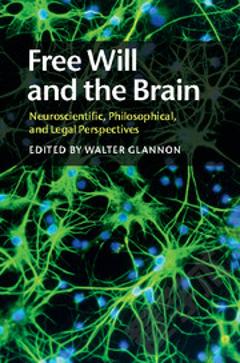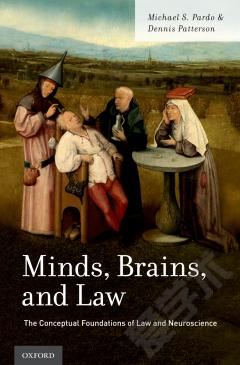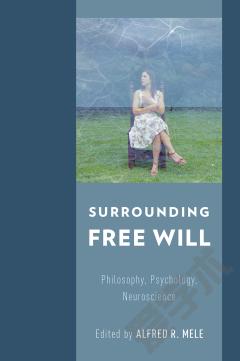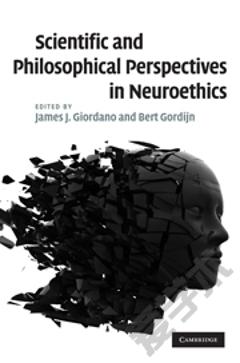Free Will and the Brain: Neuroscientific, Philosophical, and Legal Perspectives
Part I. Introduction: 1. Free will in light of neuroscience Walter Glannon Part II. Conceptual Issues: 2. Is free will an observer-based concept rather than a brain-based one? A critical neuroepistemological account Georg Northoff 3. Evolution, dissolution, and the neuroscience of the will Grant Gillett 4. The experience of free will and the experience of agency: an error-prone, reconstructive process Matthis Synofzik, Gottfried Vosgerau and Axel Lindner Part III. Mental Capacities and Disorders of the Will: 5. Being free by losing control: what obsessive-compulsive disorder can tell us about free will Sanneke de Haan, Erik Rietveld and Damiaan Denys 6. Psychopathy and free will from a philosophical and cognitive neuroscience perspective Farah Focquaert, Andrea L. Glenn and Adrian Raine 7. How mental disorders can compromise the will Gerben Meynen 8. Are addicted individuals responsible for their behavior? Wayne Hall and Adrian Carter 9. Assessment and modification of free will via scientific techniques: two challenges Nicole A. Vincent Part IV. Neural Circuitry and Modification of the Will: 10. Implications of functional neurosurgery and deep-brain stimulation for free will and decision-making Nir Lipsman and Andres M. Lozano 11. Reducing, restoring or enhancing autonomy with neuromodulation techniques Maartje Schermer Part V. Legal Implications of Neuroscience: 12. Neurobiology collides with moral and criminal responsibility: the result is double vision Steven E. Hyman 13. Neuroscience, free will and criminal responsibility Stephen J. Morse.
{{comment.content}}








 京公网安备 11010802027623号
京公网安备 11010802027623号